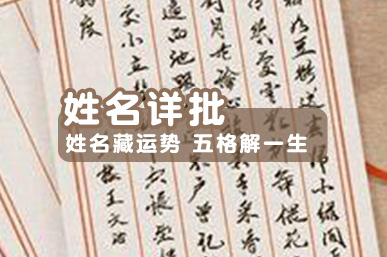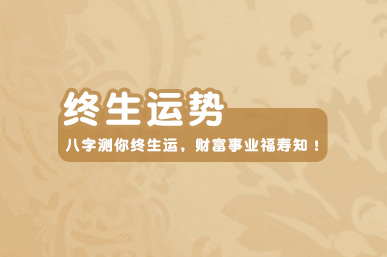八字精批2025运势命中贵人八字合婚
According
to
Seniority
in
English Naming
according
to
seniority
is
a
common
tradition
in
many
cultures,
including
Chinese
and
Korean.
This
practice
involves
adding
a
specific
character
or
word
to
a
person’s
name
to
indicate
their
seniority
in
the
family
or
social
structure.
In
English,
there
is
no
equivalent
tradition,
but
some
families
and
communities
may
still
follow
a
similar
practice. In
English,
people
may
use
titles
such
as
“senior”
or
“junior”
to
indicate
a
person’s
seniority
in
the
family
or
organization.
For
example,
a
father
and
son
who
share
the
same
name
may
differentiate
themselves
by
adding
“senior”
or
“junior”
to
their
names.
In
some
professions,
such
as
law
or
medicine,
the
use
of
“senior”
and
“junior”
is
common
to
distin〔阅读更多 12星座查询表常识请关注 :木兰星座查询网,WWw.imUlaN.Cc」guish
between
partners
in
a
law
firm
or
physicians
in
a
practice. Another
practice
in
English
is
to
use
a
person’s
middle
name
or
initial
to
differentiate
between
people
with
the
same
first
and
last
name.
For
example,
if
there
are
two
John
Smiths
in
a
workplace,
one
may
go
by
“John
A.
Smith”
while
the
other
goes
by
“John
B.
Smith”.
This
practice
is
less
about
indicating
seniority
and
more
about
avoiding
confusion. In
conclusion,
naming
according
to
seniority
is
a
unique
tradition
in
certain
cultures
that
is
not
commonly
practiced
in
English-speaking
countries.
However,
there
are
similar
practices
such
as
using
titles
or
middle
names/initials
to
differentiate
between
people
with
the
same
name.
Ultimately,
the
way
we
name
ourselves
and
others
is
a
personal
choice
that
is
influenced
by
cultural,
familial,
and
societal
factors.









